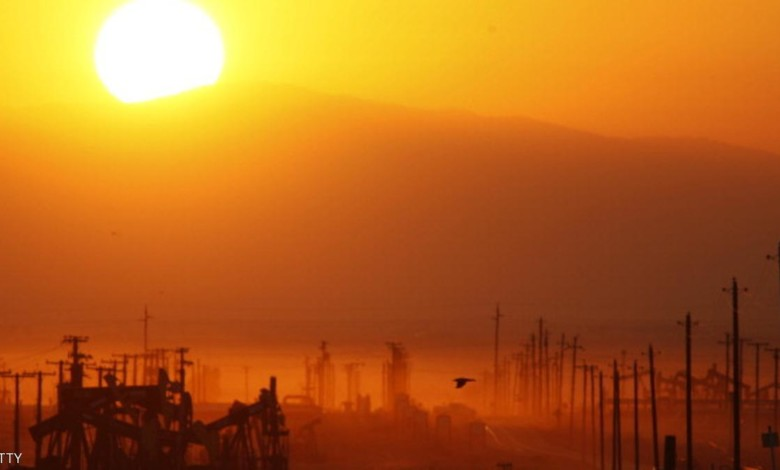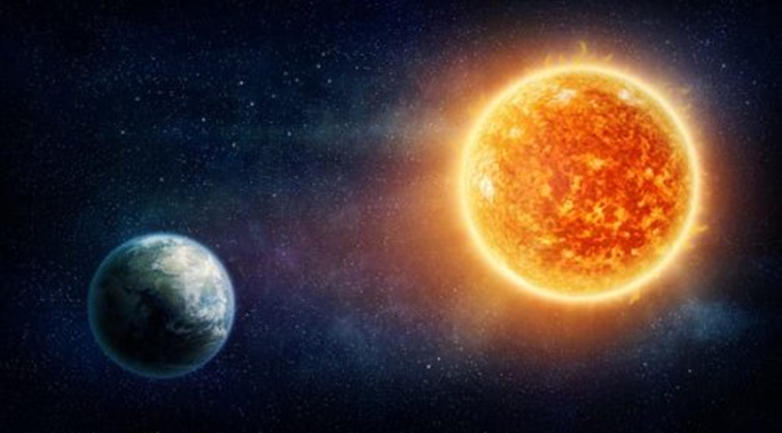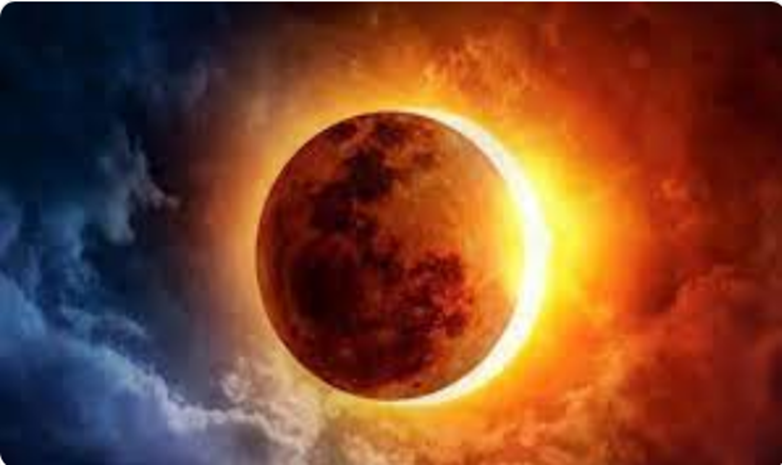A wall between the sun and the earth. Thermal boiling revives a 34-year-old idea

Talking about temperatures and heat waves does not stop, especially after last July recorded the highest rate of the hottest month.
Faced with these developments, a strange idea was renewed to solve this heat crisis by making a huge shield or umbrella between the sun and the earth to reduce the planet's temperature.

An idea that is more than 34 years old
In the details, a study published by the Proceedings of the National Academy of Sciences (PNAS) focused on an idea put forward by engineer James Early in 1989, in which a sunscreen would be built between it and the Earth, which would help reduce the planet's temperature, according to Politico magazine.
The study, by University of Hawaii cosmologist Istvan Sabaody, revives an old idea by solving its main problem: weight.
She pointed out that there is a possibility to build a sunscreen that weighs less than 35,000 metric tons, and will block an amount of radiation that is in line with the goals of the Paris Climate Agreement.

However, the scientist indicated that it would require the work of an "army of engineers" to prove the possibility of implementing such a matter in practice, explaining that there may be devastating consequences for such an idea, such as affecting precipitation and harming the ozone layer.
Thermal boiling
It is noteworthy that scientists believed that last July was the hottest month on Earth.
While the Secretary-General of the United Nations, Antonio Guterres, declared last week that the era of global warming had ended and the era of "global thermal boiling" had begun, according to the official website of the United Nations.
He also added that the consequences of this record high temperature are clear and tragic, pointing out that this summer is "harsh" for large parts of North America, Africa and Europe.
Source: websites

